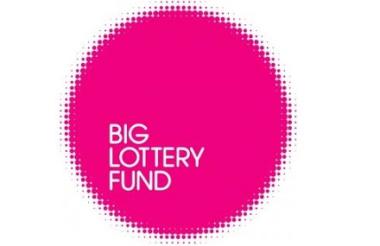Two programmes set up with £60m to subsidise the social impact bond market have so far approved only six awards and spent only a quarter of the money.
The two funds are the £40m Commissioning Better Outcomes fund from Big Lottery Fund, and the £20m Social Outcomes Fund from the Office for Civil Society. Both funds allowed public bodies commissioning via social impact bonds to receive match funding to make payments.
But so far just over £16m has been awarded, much of it in development grants. Final awards must be made by the end of 2017.
Social impact bonds are a specialist form of payment by results contract designed to encourage early intervention, where charities are funded by investors to deliver government services. If the charity succeeds in reducing the scale of a social problem in a particular area, the investors make a profit, paid for by the local authority out of savings accrued. If the project does not succeed, the investors lose out.
One of the problems with social impact bonds is that when the charity reduces a problem, it often offers savings for multiple government agencies, but no one agency accrues enough savings to justify paying for the project. The two SIB funds were set up to create a subsidy to make it worthwhile.
28 awards agreed in principle
Since 2013 the funds have approved 88 expressions of interest and agreed 62 small developments grants to fund feasibility studies. Of the initial 88, around half have already been withdrawn.
According to BIG, Commissioning Better Outcomes has had 28 full awards agreed in principle, and six have been awarded. Another four awards which were made in principle have already been withdrawn.
Civil Society News understands that the main problem has been a difficulty in persuading local authorities to put up money. Initially the funds envisaged making awards of up to 15 per cent of the total value of the SIB, but are now considering much higher figures.
So far the average award has been around £1m. If more in-principle deals fall through, or deals are smaller than expected, the fund will have to up its average contributions if it wants to fully distribute the money.
'Still on track'
A BIG spokeswoman said the organisation was still on track.
“We anticipate supporting the volume of proposals that we set out to achieve through the programme,” she said. “We are also working closely with the Life Chances Fund to share learning acquired over last few years of the Commissioning Better Outcomes programme.”
“Our projection on the average contribution based on the awards we have made to date and those still being finalised is 15 per cent. As stated in the guidance, we will only contribute a minority proportion of outcomes payments and the 15 per cent is a benchmark – but we will consider higher requests based on the individual proposal.”









